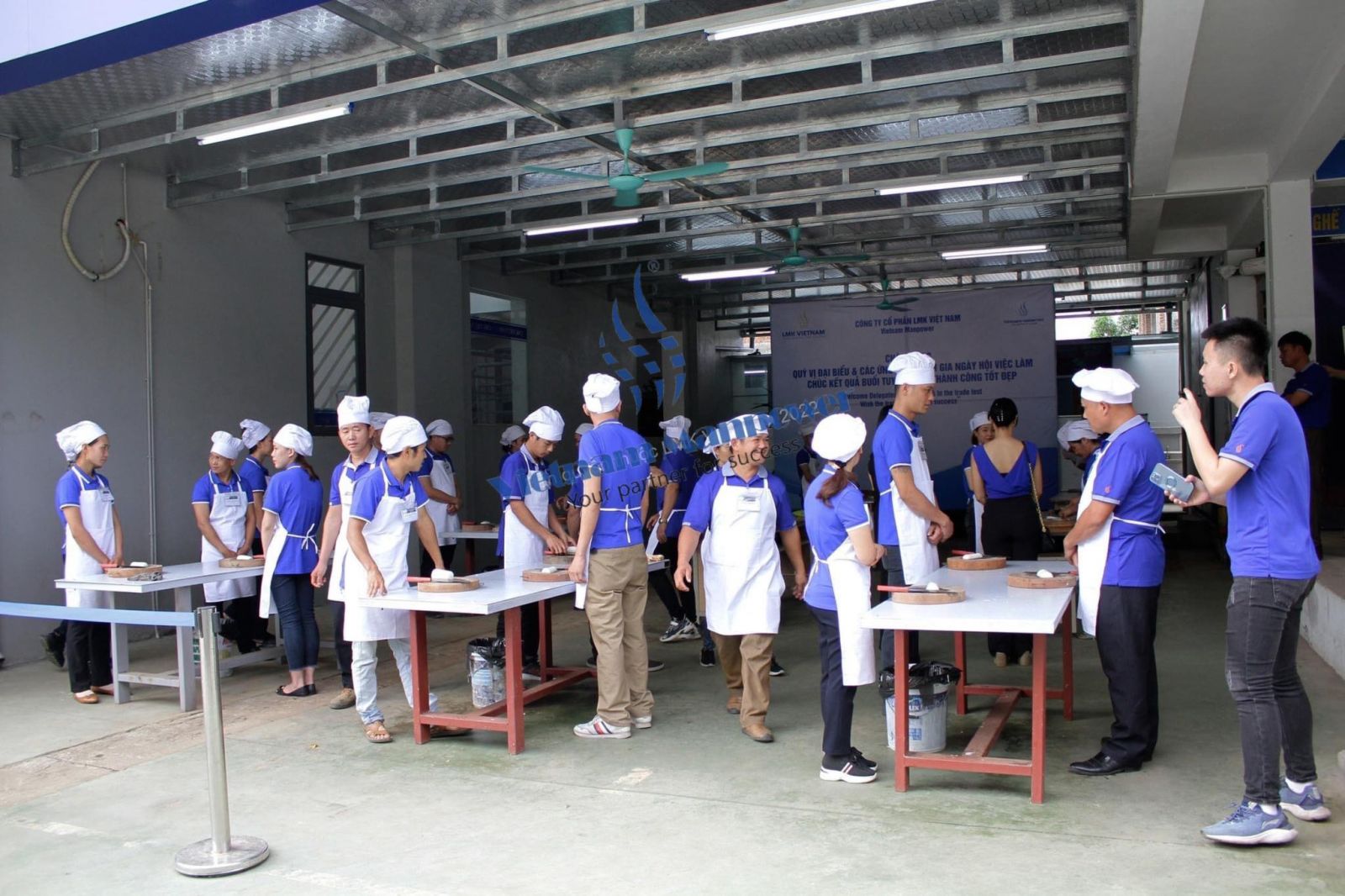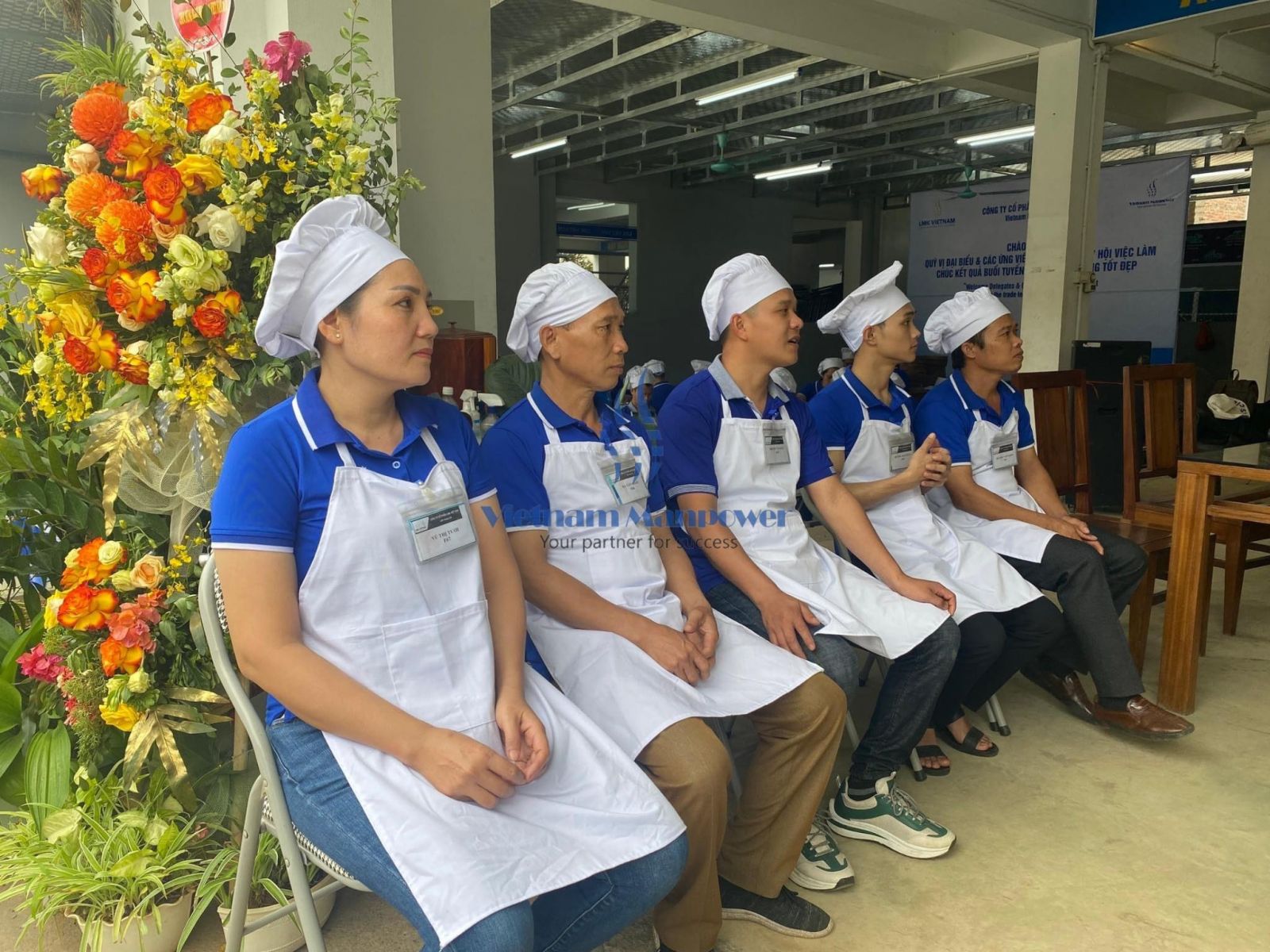Romania is a country known for its rich agriculture and food industry. However, in recent years, the country has been facing a shortage of food processing workers. This shortage has caused significant challenges for the food industry, affecting the production and efficiency of companies.
One of the main reasons for the shortage of food processing workers in Romania is the migration of skilled workers to other countries. Many workers have left Romania to seek better opportunities elsewhere, as the country's economy struggles to provide the necessary resources and support for its citizens.


Another factor contributing to the shortage is the aging workforce in the food industry. With many workers nearing retirement, their departure has left a gap in the workforce that requires skilled and experienced individuals to fill.
The shortage of food processing workers is particularly concerning as it affects the production and supply of food products, which is vital for the country's economy. The food industry plays a significant role in Romania's GDP, and the shortage of workers has led to a reduction in production, ultimately impacting the economy as a whole.
To address this issue, the Romanian government and food companies are implementing various initiatives, such as training programs and incentives, to attract new workers to the industry and retain experienced ones. These programs aim to provide appropriate training and support to workers, as well as improve working conditions and benefits to encourage job retention.
The shortage of food processing workers is a problem that requires immediate attention and action. Solutions such as government and industry collaboration, proper training and incentives, and an overall improvement in working conditions will ultimately help to alleviate this issue and ensure the sustainability of the food industry in Romania.
Vietnam has been known for its strong workforce and prowess in the food processing industry, and it is this expertise that a Romanian business is hoping to tap into. The business has turned to Vietnam manpower to provide high-quality food processing services.
This partnership between Vietnam and Romania is expected to benefit both countries in a number of ways. For one, the Romanian business will be able to tap into the large pool of skilled laborers that Vietnam has to offer, allowing them to increase their production levels and improve the quality of their products.
Additionally, this partnership will help to strengthen the relationship between Vietnam and Romania. The two countries have a long history of trade and cooperation, and this latest venture is just another example of how the two nations can work together more closely.


Perhaps most importantly, this partnership will provide valuable employment opportunities for workers in Vietnam. As one of the leading food processing countries in the world, Vietnam has a wealth of skilled workers who will be able to provide the Romanian business with the expertise they need to succeed.
Overall, this partnership between Vietnam Manpower and a Romanian food processing business is a win-win situation for all involved. With the expertise of Vietnamese workers, the Romanian business has a chance to increase their productivity and improve the quality of their products. At the same time, this partnership will provide valuable employment opportunities for skilled workers in Vietnam, further strengthening the relationship between the two companies.







